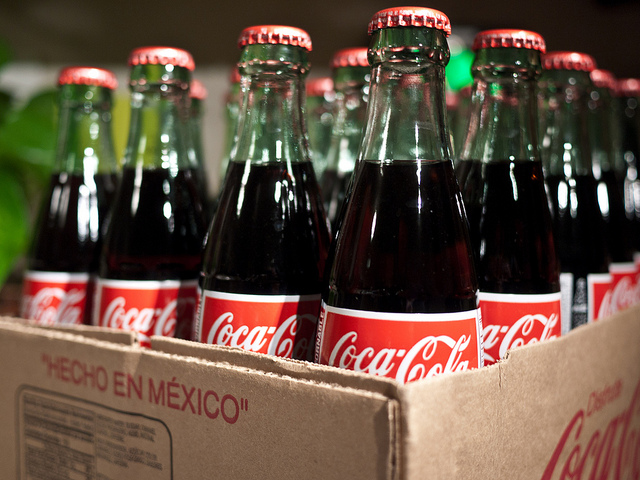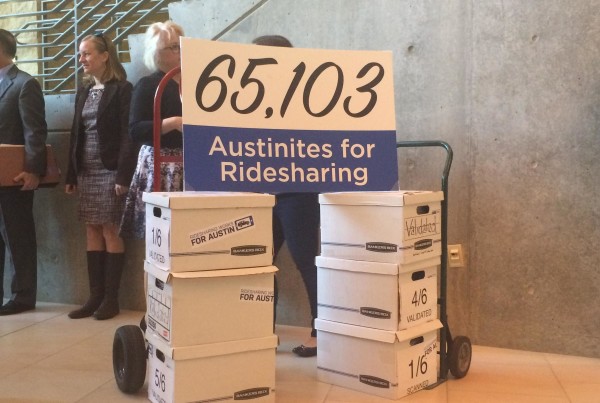Mexicans consume more carbonated drinks per person than any other nation in the world, at an average of 36 gallons a year according to experts. That’s 40 percent more than the average American.
Many believe that this obsession with fizzy drinks is contributing to the nation’s skyrocketing rates of childhood obesity and diabetes. The nation recently introduced a tax on sugary drinks, but many are asking if it’s actually working to slow down consumption.
BBC’s Mexico and Central America correspondent Katy Watson reported a series called “The Truth About Diabetes,” including an episode devoted to Mexicans and their unquenchable thirst for fizzy, sugary drinks. She says doctors point to cultural attitudes about the beverages as contributing to the high rate of consumption.
“It comes down to money. If you can afford a nice drink that’s not water, then you’re obviously doing something right,” Watson says. “It’s seen as an aspirational thing.”
Mexico implemented a 10 percent tax hike on sugary drinks in 2014 in an effort to curb rising rates of obesity and diabetes. There’s been a decline in the number of sweetened soft drinks sold there, which seems to indicate that the plan is working – for now.
“It has taken hold, there were figures that came out from the National Institute (of Public Health in Mexico) and from North Carolina that showed that in the first year, overall consumption fell by about 6 percent,” Watson says. “But at the end of the day, it’s very early days to see whether actually Mexico can fall down the list in terms of childhood obesity.”
Listen to the full interview in the audio player above.

















